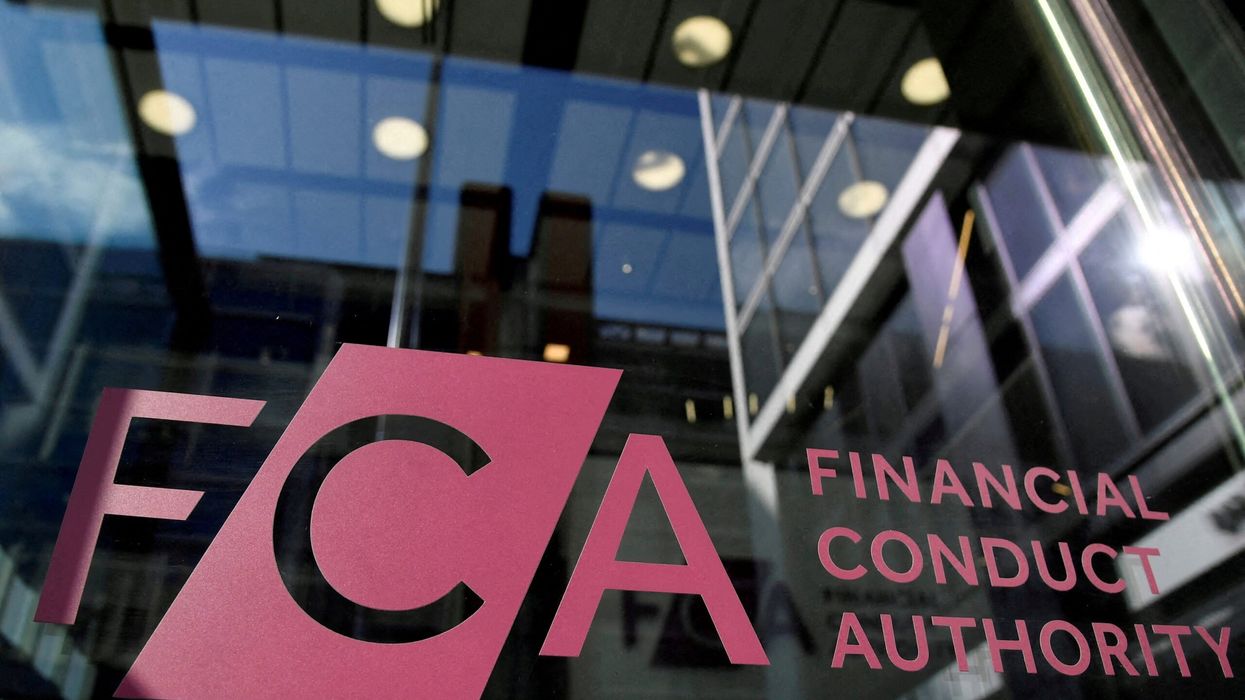THE FINANCIAL Conduct Authority’s (FCA) new rules aimed at protecting access to cash have started to affect local communities.
These rules, introduced in July, require banks and building societies to assess whether changes like branch or cash machine closures leave communities without ways to withdraw or deposit cash.
As a result, LINK, which oversees the UK’s cash access network, reassessed various communities.
Fifteen communities, previously not identified as needing banking hubs, will now receive one. Six will have an ATM at their hub, and six others will gain an automated deposit service or enhanced post office. Existing services will remain in place until the replacements are ready.
Under the new guidelines, residents, businesses, and charities can request a review if they feel their access to cash has been disrupted.
LINK then has 12 weeks to assess the situation and, if significant gaps are found, banks and building societies must provide additional cash services such as banking hubs, ATMs, or Post Office facilities.
Sheldon Mills, FCA’s executive director for consumers and competition, said, "The way we spend money is changing, and far fewer of us use cash day-to-day. We don’t want to stand in the way of change, but we do want to ensure reasonable access for those who continue to rely on cash."
The FCA’s Financial Lives Survey in 2022 revealed that 3.1 million adults still use cash for everyday payments, highlighting the importance of the new rules in maintaining access to cash for individuals and businesses reliant on it.




